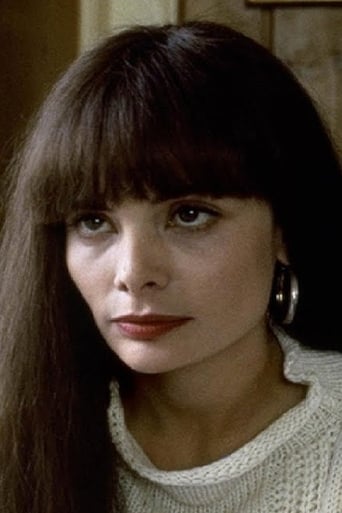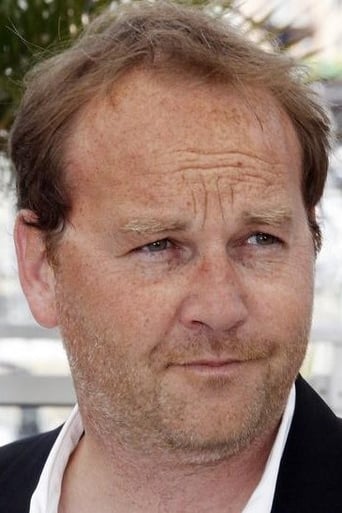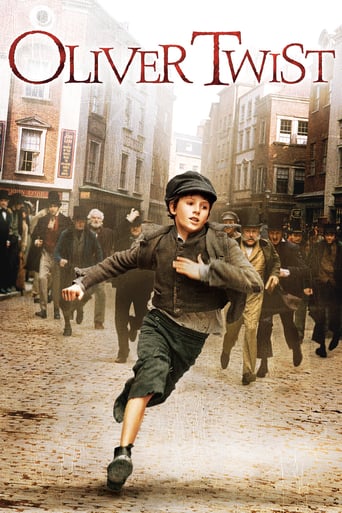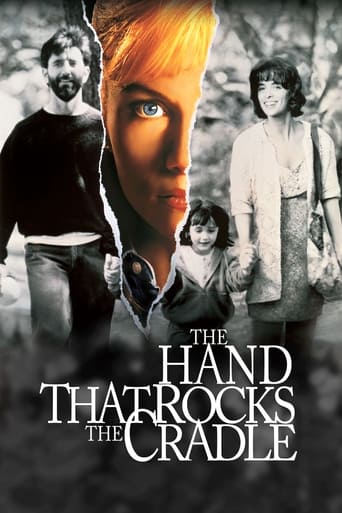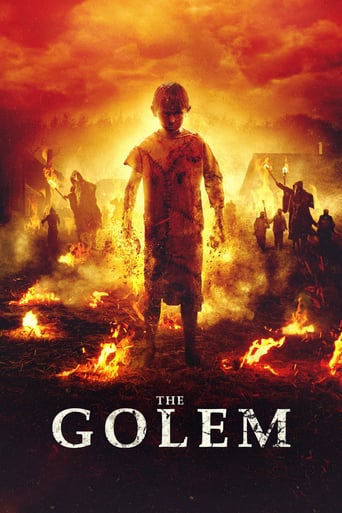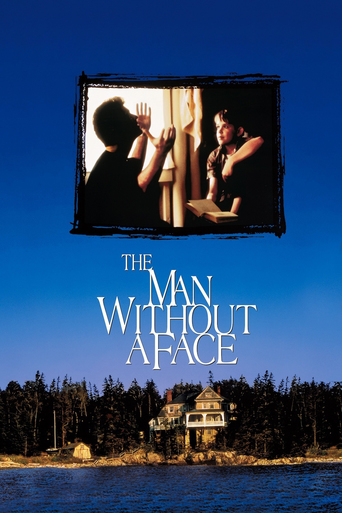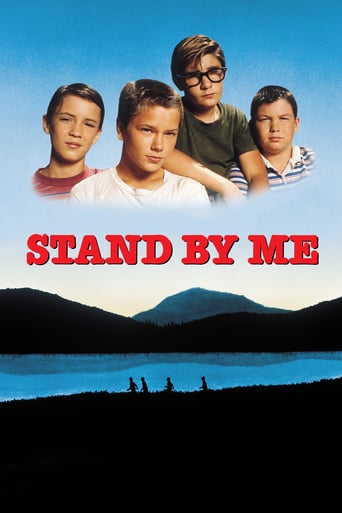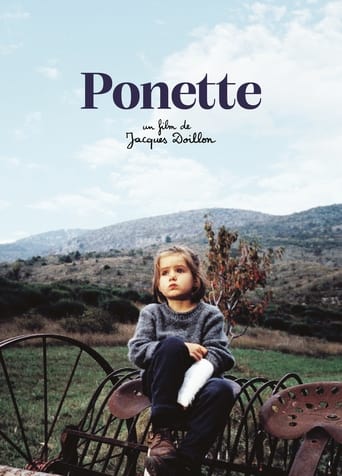
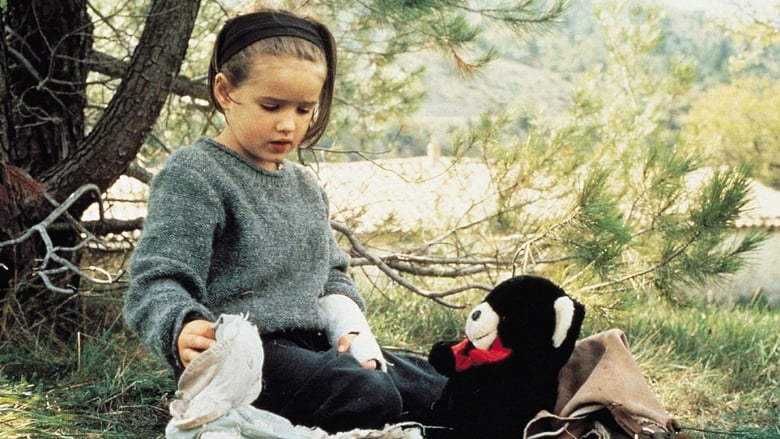
Ponette (1996)
After losing her mother in a car accident that leaves her with a broken arm, 4-year-old Ponette struggles with anguish and fear. Left by her father with a caring aunt and her children, Ponette grieves, secretly hoping her mother will somehow come back. Confused by the religious explanations provided by adults, and challenged by the cruel taunts of a few children at school, little Ponette must make her way through her emotional turmoil.
Watch Trailer
Cast


Similar titles
Reviews
That was an excellent one.
Just perfect...
This is a small, humorous movie in some ways, but it has a huge heart. What a nice experience.
what a terribly boring film. I'm sorry but this is absolutely not deserving of best picture and will be forgotten quickly. Entertaining and engaging cinema? No. Nothing performances with flat faces and mistaking silence for subtlety.
Amazing realistic account of a girl who loses her mother but knows that she lives forever. Everyone has their own experiences with God and their own doubts, and she is passed back and forth a little, between believers and non-believers, most of which stand against her at some point. But her faith stays true to herself......and she eventually gets to get on with her life.Really realistic portrayal of how God communicates with different people and how some believers in God don't accept that and yet some non-believers can. From my own real life experiences I can confirm this to be possibly a completely true story, even the ending. And how believing it can leave you at odds with what the world might believe.Tried not to spoil the film for you, so watch it and be happy!
This film recounts the grieving process of a four-year-old child who has lost her mother, the pain of the loss, of not finding answers, of not finding explanations of the unimaginable. It also shows how the people around the child experience are void. The children as well as the adults all try to offer an explanation. Seen like that, the film could seem awfully sad. But Ponette is also and especially a magnificent reflection on facing death in childhood, on the stages of grief, on all that is unexplainable. On this point, and rightly so, the end of the film should fuel a debate: did this really happen, or was this the product of Ponette's wild imagination? I think that, if we don't ponder this, we pass over one of the major elements of the work.
"Ponette" (French, 1996): We learn that a child lost her mother in a car accident. Ponette (the child), like all children, tries to blend the various truths given her by adults, other children, teachers, books, rumors, churches...eventually arriving at her own version of Truth...a Truth that allows her to move on, with some peace. No one seems to know what to DO for her, and so, her search is solo. What most ASTOUNDS me about "Ponette" is: 1) It's written NOT by grown ups who see children as small adults, but as true children - with all the confusion, magic, and hope we seem to lose as we age, and, 2) the ACTING of Victoire Thivisol ("Ponette") is ABSOLUTELY AMAZING. She received numerous awards for this role, which upset some people - because she was only FOUR YEARS OLD at the time. "HOW CAN ANYONE HAVE TALENT AT FOUR?" Watch it for yourself. No one is beating her, no one is spraying lemon juice in her eyes, no one is tickling her feet...SHE is doing her own work. It's like she is channeling the next incarnation of Meryl Streep or someone. Since "Ponette", she has done two more films, including "Chocolat" (1999) with Juliette Binoche. She is now only TWELVE. I should live so long as to follow her entire career.
It is astonishing how well this movie captures the interior lives of young children. Viewers are reminded of how literal reality is to them - the abstract ideas that we adults talk about so freely have a very different meaning to children. It is hard for four-year-old Ponette to distinguish reality from fantasy. When she says that she wants to talk to her mom, she really means that she wants to talk to her, in person. We know this is impossible, but Ponette sees possibilities in the false hope given her by her aunt's explanations about Jesus and heaven and talking to God. None of the adults who are taking care of her begin to address her sorrows, fears and hopes adequately. Her father is too self-absorbed, and probably also too sad. The aunt and the woman at her school can explain things only in religious terms. I found myself longing for some grown-up to sit down with Ponette and listen to her, take her seriously. The children with whom she interacts offer a variety of solutions to her problem, but they also ultimately do not help. Towards the end of the film, Ponette finally escapes from the confines of her friends, her school, her teachers and her parent. She confronts her missing mother as directly as she can - she goes to her grave, freshly dug in the hillside. It is only when Ponette can see for herself that there is no longer any mommy, that she is silent, sealed away in the earth, that she can begin the long painful process of adjusting to her loss.I think that's why she is "allowed" finally to speak with her - she works out the things she needs to hear from her mother, and makes them happen as she wishes. At last, she achieves a bit of relief from her struggle to understand what happened. For the viewer, by the time Ponette flees to the cemetery, we too have experienced the profound silence of the dead, and have revisited all the bargaining, the longing, and the fantasies that even grown-ups entertain when someone they love dies. I highly recommend this movie.



